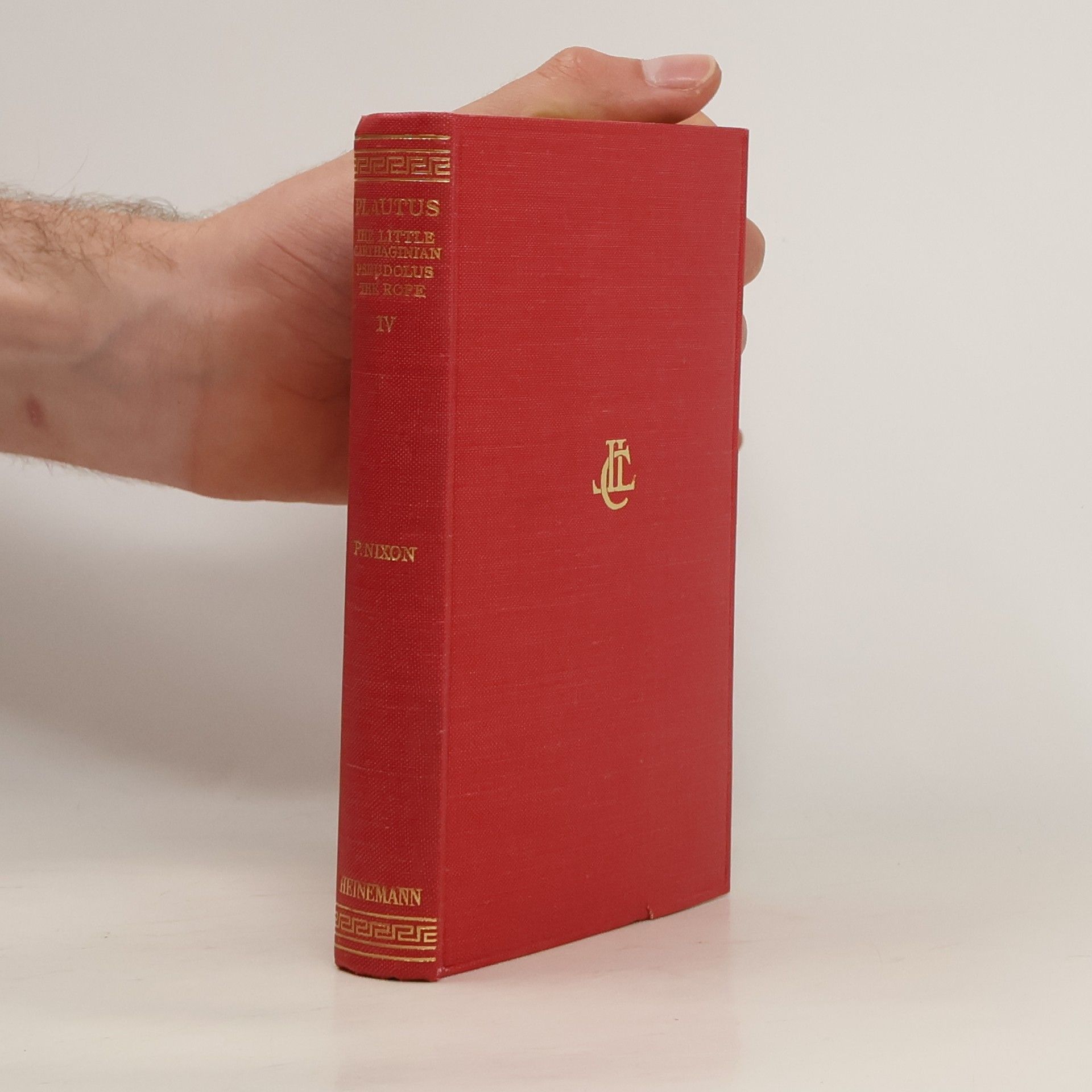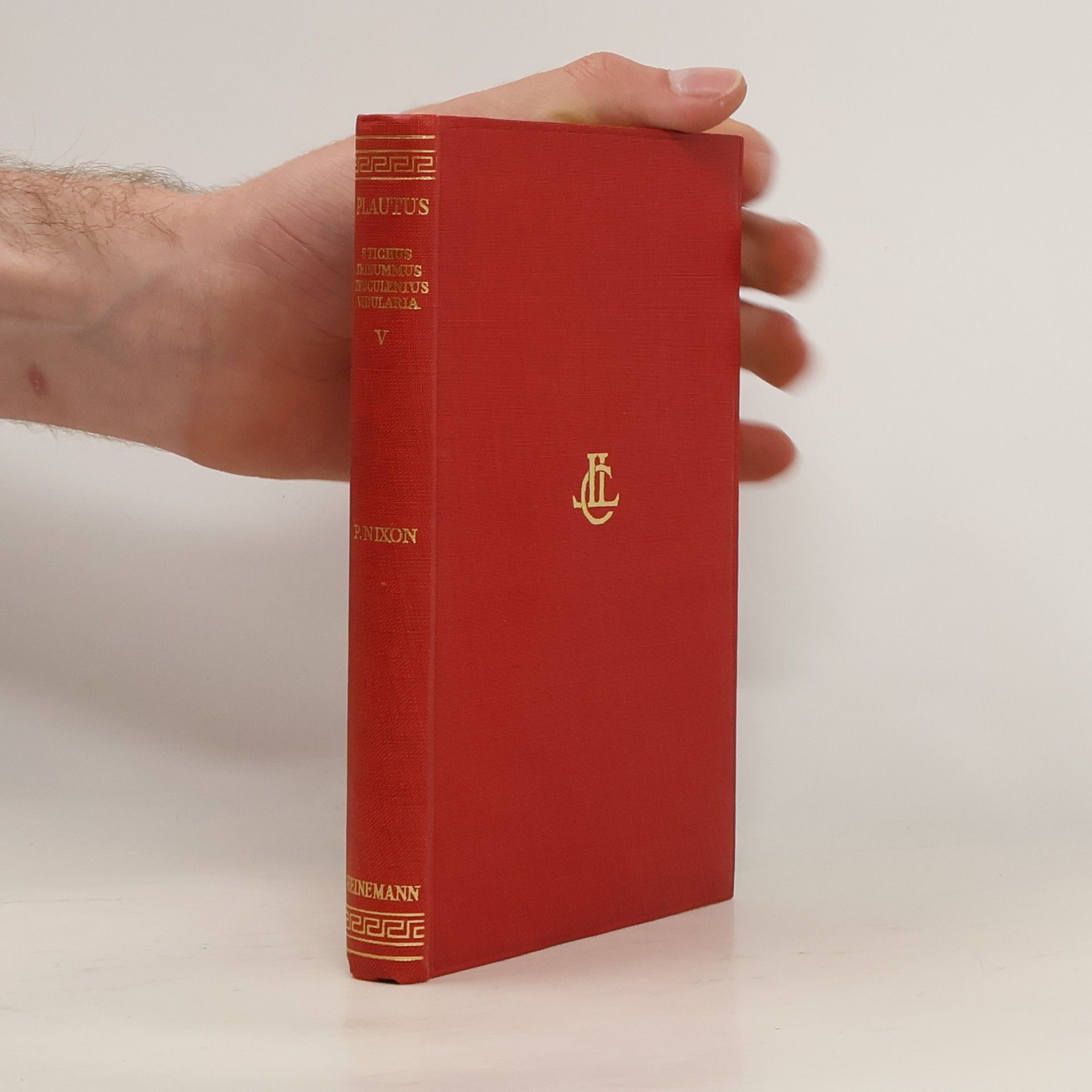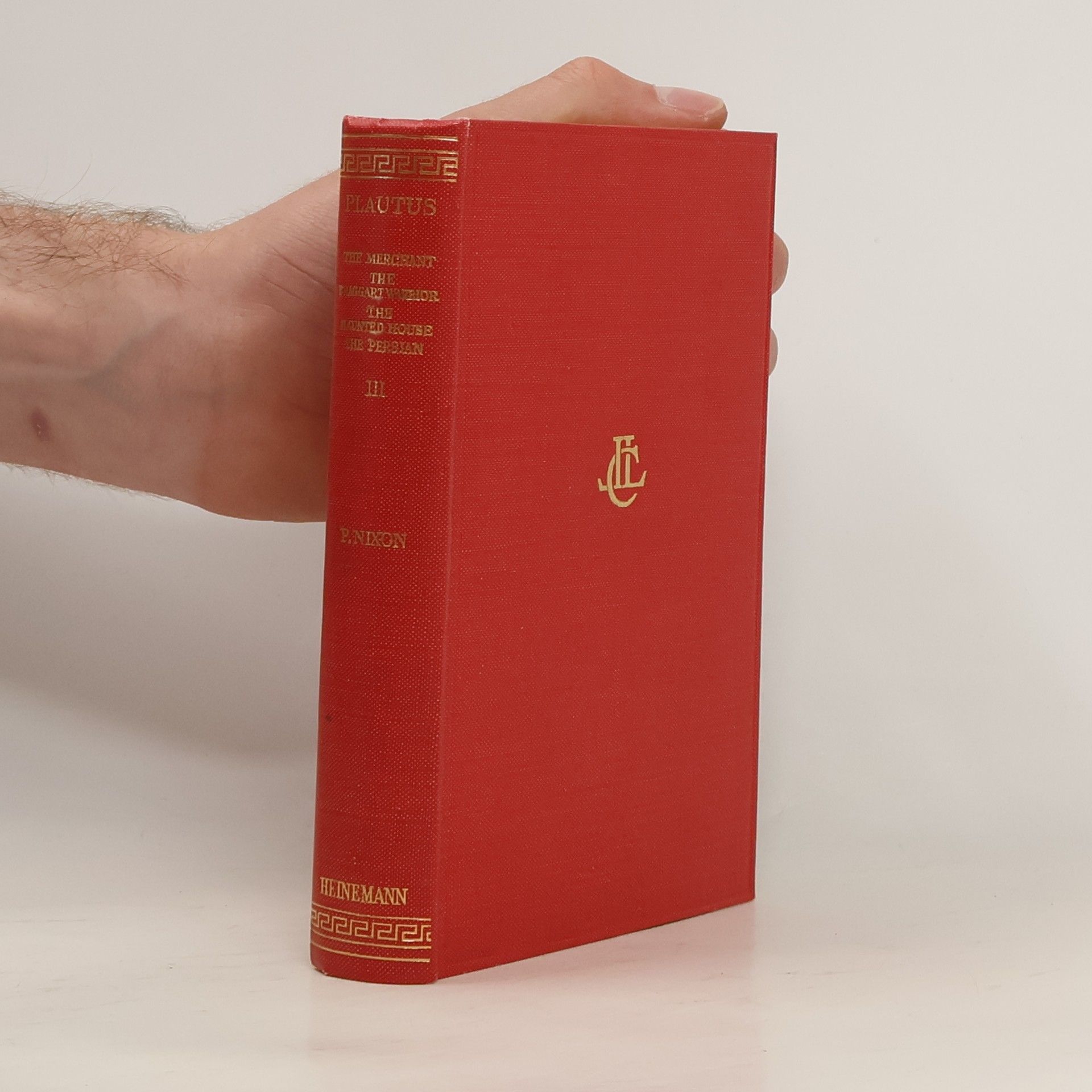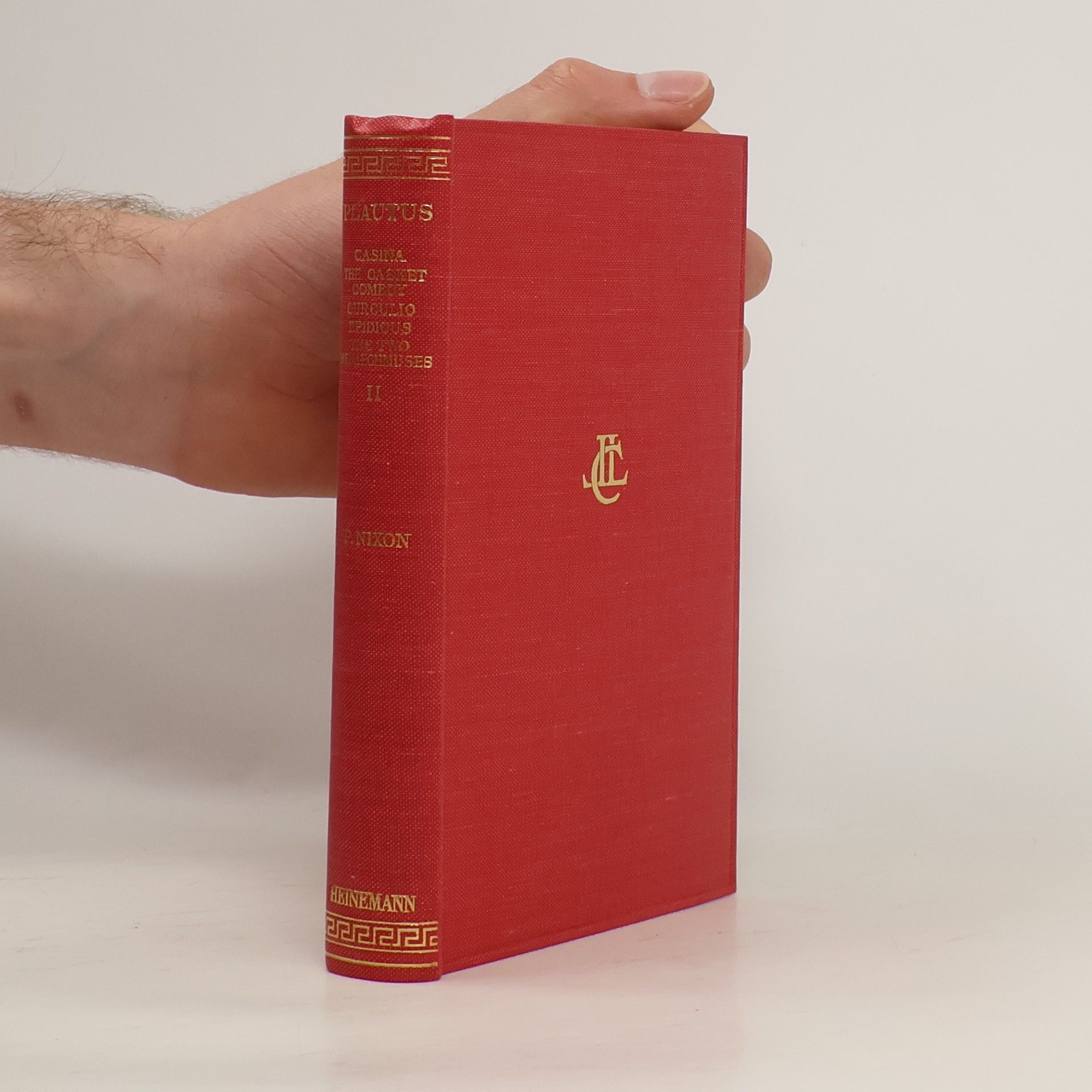Pregio di Plauto è la sua prodigiosa ricchezza linguistica: i giochi di parole, le assonanze, i doppi sensi; le espressioni che spaziano dall’arcaico al neologismo, dalle deformazioni grottesche a volgarità che oggi si direbbero surreali; la magistrale padronanza delle possibilità musicali della parola, lo scoppiettante incalzare dei dialoghi. Tutto questo, insieme alla comicità esplicita e prepotente e alla rapidità del movimento scenico, comunica alle commedie plautine una verve irresistibile. Il teatro di Plauto è stato un importante modello per quello rinascimentale e per la successiva commedia dell’arte, fornendo una galleria di “tipi” e di situazioni cui hanno attinto, nei secoli, autori italiani e anche europei.
Plautus Libri
Plauto fu una figura pionieristica della commedia romana, le cui opere rappresentano la più antica letteratura latina completa sopravvissuta. Le sue opere, note come palliata comoedia, sono caratterizzate da arguzia e dialoghi vivaci che influenzarono profondamente i drammaturghi successivi. Il suo stile distintivo e il suo umorismo lo rendono una pietra miliare del dramma romano. Il termine 'plautino' oggi indica le opere scritte da lui o quelle ispirate dalla sua singolare eredità teatrale.

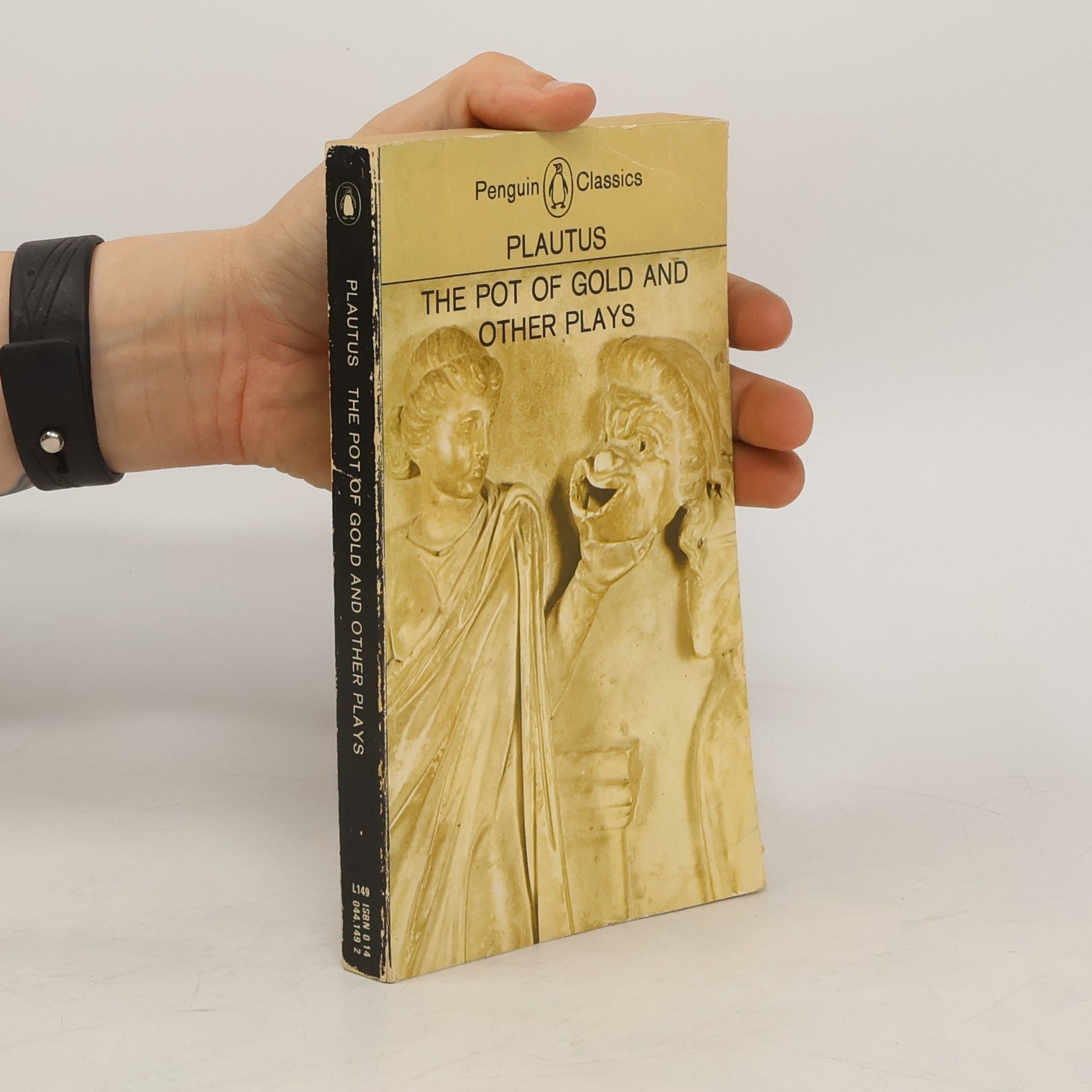

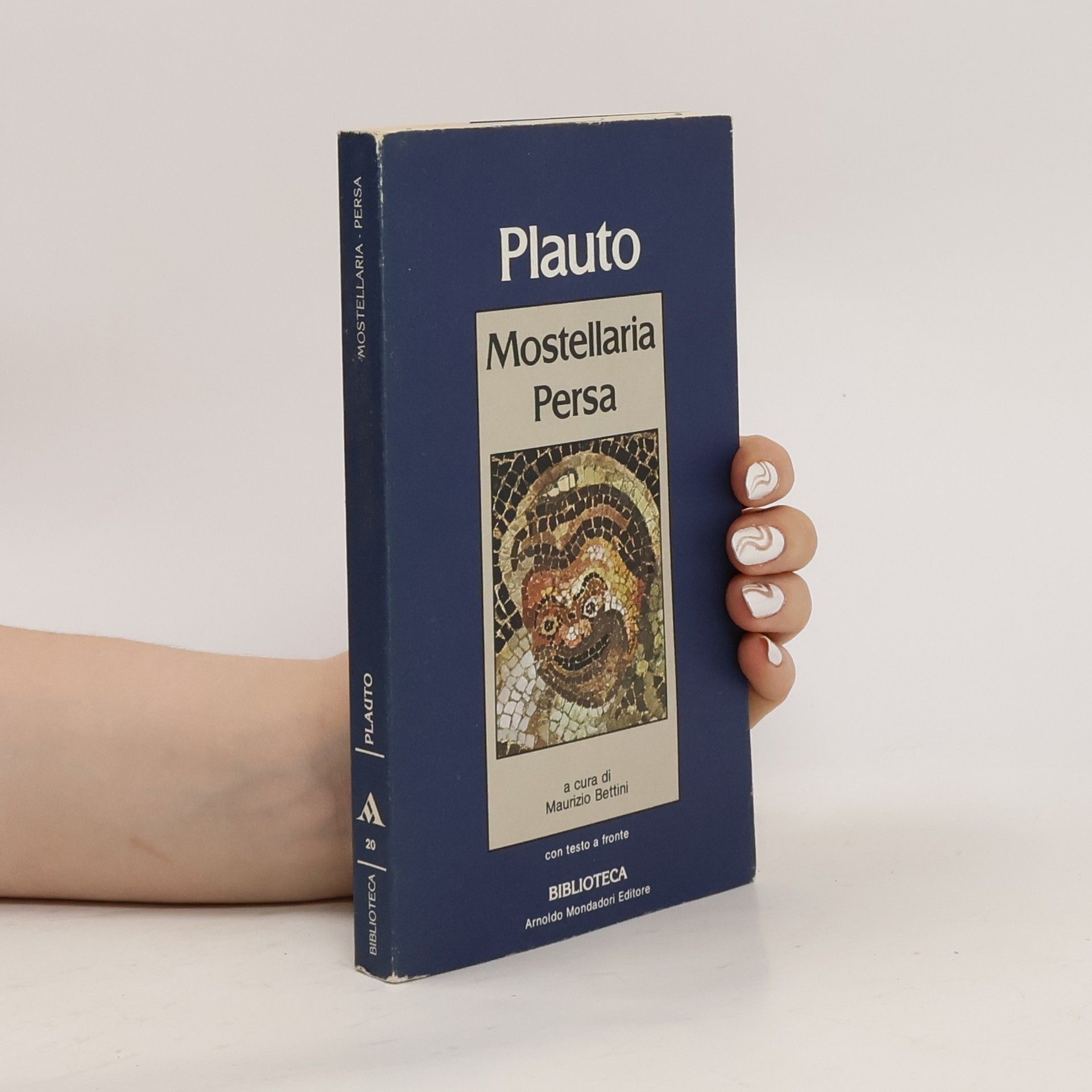


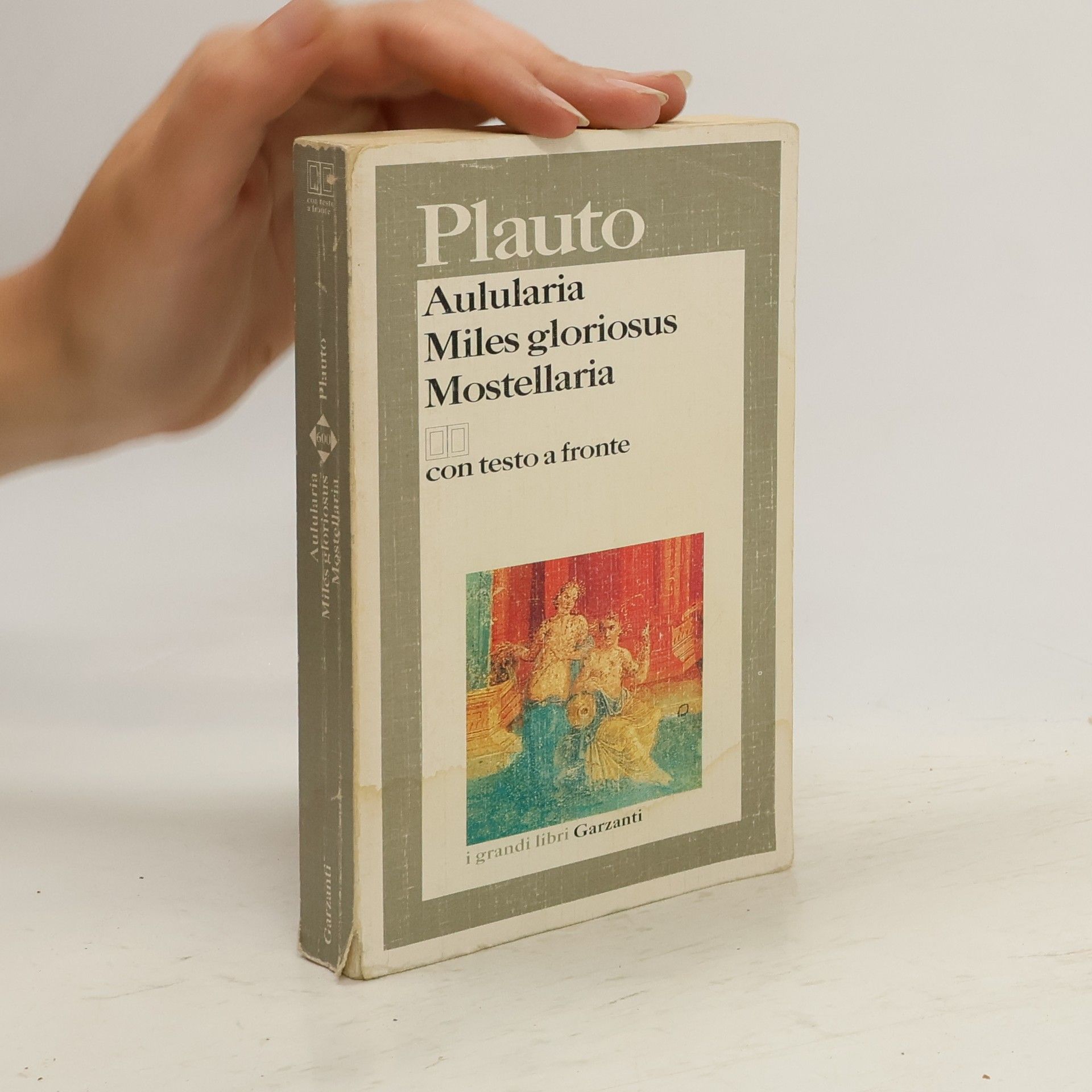
Le commedie
- 543pagine
- 20 ore di lettura
I Menecmi
- 221pagine
- 8 ore di lettura
Testo latino a fronte Un mercante di Siracusa perde a Taranto uno dei suoi due figli gemelli, Menecmo, e ne muore di dolore. Menecmo, allevato da un ricco mercante di Epidamno di cui ha poi ereditato le ricchezze, vive a Epidamno, ha una moglie gelosa e una bella amante, Erozio. Il fratello, chiamato anch'egli Menecmo, va a Epidamno e viene scambiato per il gemello, crede però che la causa delle strane avventure che gli capitano sia l'interesse da lui suscitano in Erozio. Intanto Menecmo primo subisce le ire della moglie gelosa e del suocero. I due fratelli infine si riconoscono e decidono di tornare insieme a Siracusa dopo aver venduto all'asta i beni e la moglie (se qualcuno la compra) di Menecmo primo.
Poker - 14: Anfitrione-Menecmi
- 152pagine
- 6 ore di lettura
Features a varied selection of one of the supreme comic writers of the Roman world, Plautus' (c.254-184 BC) finest plays, from the comedy Pseudolus, The Prisoners, and The Brothers Menaechmus, to The Pot of Gold.
Plautus II
With an English Translation by Paul Nixon
